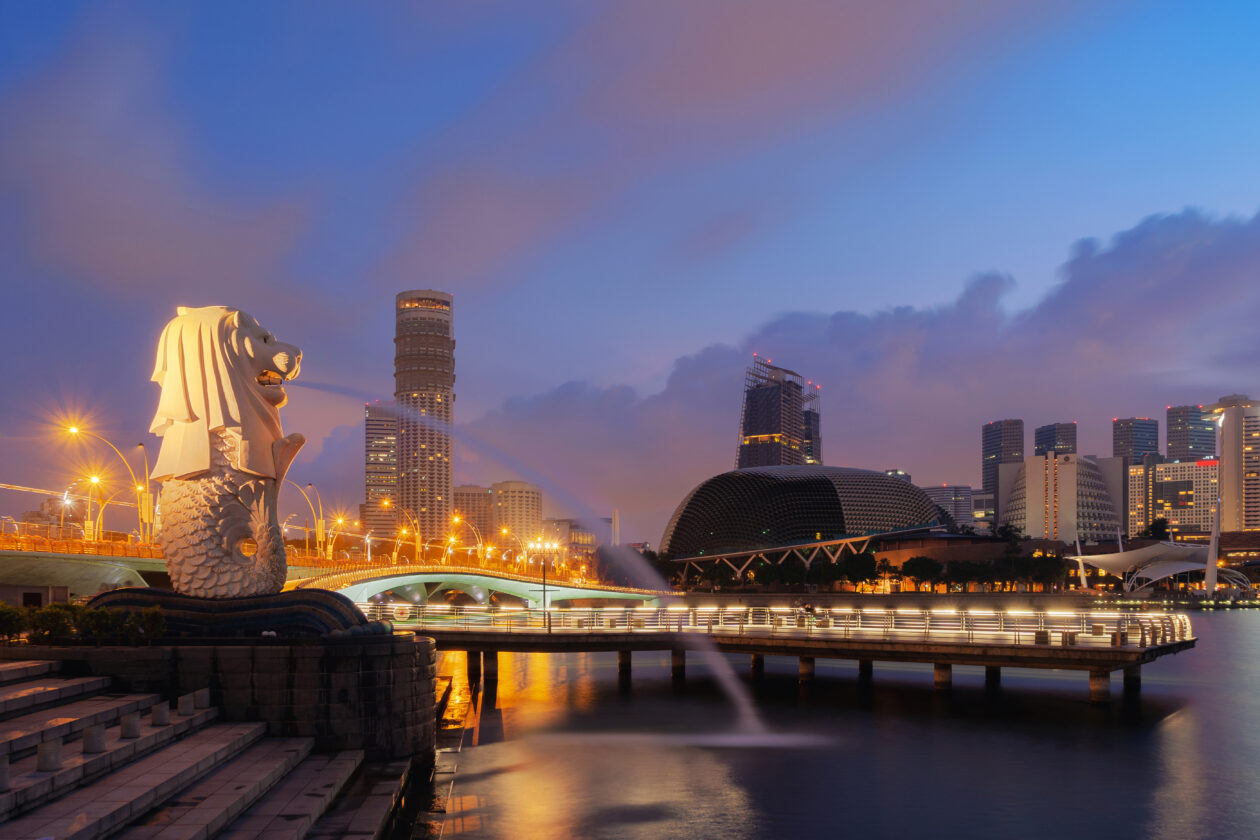The Monetary Authority of Singapore (MAS) said on Monday that it was not possible for the central bank to protect local users from FTX’s collapse as the crypto exchange operated offshore and was not licensed by MAS.
See related article: South Korea, Singapore, Japan biggest users of FTX pre-collapse, says CoinGecko
Fast facts
- “A first misconception is that it was possible to protect local users who dealt with FTX, such as by ringfencing their assets or ensuring that FTX backed its assets with reserves. MAS cannot do this as FTX is not licensed by MAS and operates offshore,” the central bank said in clarifying its stance after the FTX collapse.
- “The most important lesson from the FTX debacle is that dealing in any cryptocurrency, on any platform, is hazardous. Crypto exchanges can and do fail,” MAS said.
- MAS in September 2021 placed world’s largest crypto exchange Binance on an investor alert list but did not do so with FTX, although both were not licensed in the city state, because Binance “actively solicited” users in Singapore while FTX did not, MAS said.
- MAS’ Investor Alert List flags entities that are unregulated but may have given the public the impression that they are licensed by MAS.
- The central bank also clarified that it cannot provide information on all offshore crypto exchanges in the world as there are many such entities.
- Bahamas-headquartered FTX, once the second-largest crypto exchange in the world and often a white knight for troubled crypto businesses, filed for bankruptcy on Nov. 11. That has since affected several crypto businesses including Genesis, BlockFi and AAX exchange, while Singapore’s state investment fund Temasek International is writing off its US$275 million investment in FTX.
See related article: Who is exposed to FTX? A running compilation on a rapidly moving target

